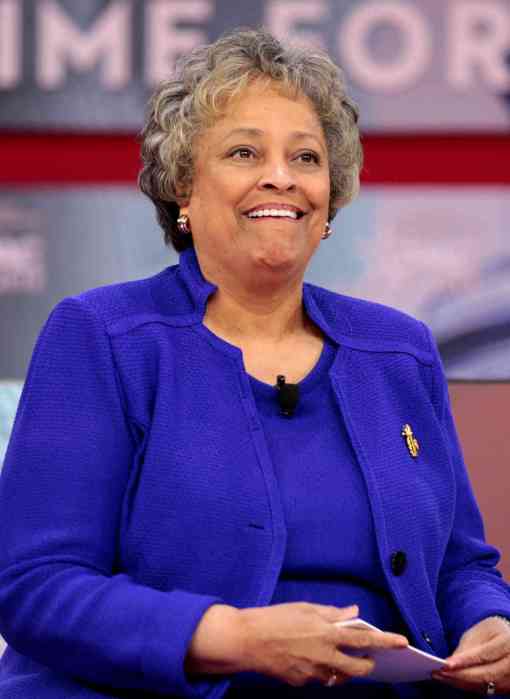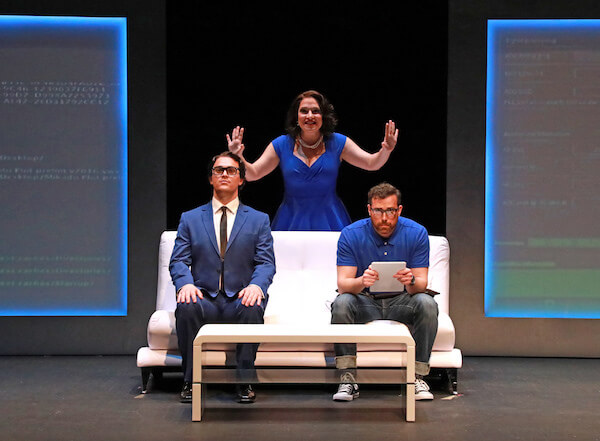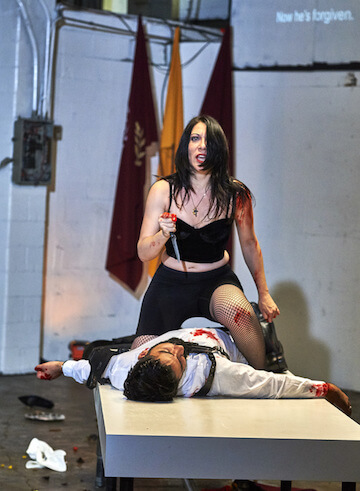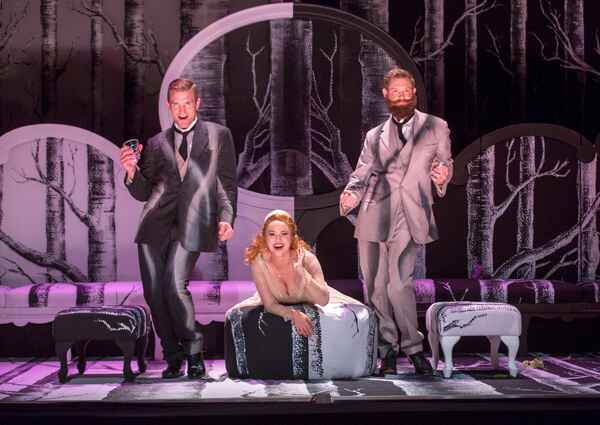Baritone Jonathan Estabrooks performs as Alan Turing in a workshop reading of Justine F. Chen and David Simpatico’s “The Turing Project” on May 30 at the JCC on the Upper West Side. | TA TA RIDE PHOTOGRAPHY
BY DAVID SHENGOLD | With a Wilde-themed “Oscar” starring David Daniels in preparation for Santa Fe Opera this summer and “Harvey Milk” approaching its 20th anniversary, New York's valiant American Lyric Theater adds to the operatic repertory on iconic 20th century gay martyrs. “The Turing Project,” an “historical fantasia” with a score by Justine F. Chen and a libretto by David Simpatico, explores the life, incredible legacy, homophobic persecution, and mysterious death of British computer pioneer — and seminal World War II code-cracker — Alan Turing (1912-1954).
The work, commissioned by ALT in honor of the great scientist and mathematician's centennial last year, receives a workshop reading on the evening of May 30 at the Goldman–Sonnenfeldt Family Auditorium at the Jewish Community Center on the Upper West Side.
The Cambridge and Princeton-educated Turing's pre-war achievements, while he was still in his 20s, included unveiling the first universal computer, establishing the field of Artificial Intelligence, and creating other conceptual frameworks still used in computation theory. The day after Britain entered the war against Germany, Turing joined the famous Bletchley Park group of code breakers, racking up major achievements including developing a portable voice scrambler and cracking the U-Boat code, thus saving untold British and Allied lives. A biking and running fanatic, he and his personal life proved enigmatic to his colleagues. He received the Order of the British Empire (OBE) in 1945, but the accomplishments associated with that honor were kept unspecified.
American Lyric Theater presents workshop reading of operatic tribute to Alan Turing
After the war, Turing continued making breakthroughs in several fields, even extending to biology. His remarkable life swam along — until 1952, when he ran up against the post-Wilde penal code and Cold War mores. Involved with a 19-year-old drifter, Arnold Murray, he reported a theft one of the young man’s friends committed at his home and naively admitted his sexual relationship with Murray. In pre-1967 Britain, that remained a serious crime, a “gross indecency.” Other public figures — including John Gielgud — got caught in the same wave of repression.
But Turing, unashamed of who he was, met a fate among the direst. Stripped of his security clearance, he was forced to choose between imprisonment and chemical castration. The latter course left him impotent and heavy-breasted. A year later, he committed suicide — or was murdered — by means of a cyanide-laced apple, a plot device from his lifelong obsession “Snow White” (and perhaps the genesis of the Apple Computer corporate logo reputedly developed in tribute to him). The British government has yet to formally pardon Turing, to which his country owes so much.
Chen and Simpatico call their work a “fantasia” to signal that they seek not to resolve the mysteries surrounding this figure seminal in shaping our current world but to imaginatively present his inner world, his outlook on his scientific work, and his forthrightly lived personal life.
On May 30, Keith Chambers will conduct pianist Gloria Kim and a cast of fine singers including baritone Jonathan Estabrooks (Turing), soprano Kathryn Guthrie (his mother), tenor Kyle Bielfield (Murray) and bass-baritones Joseph Beutel (Winston Churchill) and Justin Hopkins (Prince Charming). Be present as an ambitious new work comes into public view.
THE TURING PROJECT | American Lyric Theater | Jewish Community Center | 334 Amsterdam Ave. at 76th St. | May 30 at 7 p.m. | $25 at jccmanhattan.org/opera


































